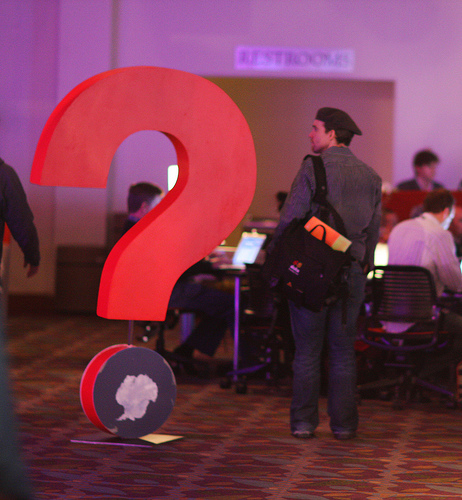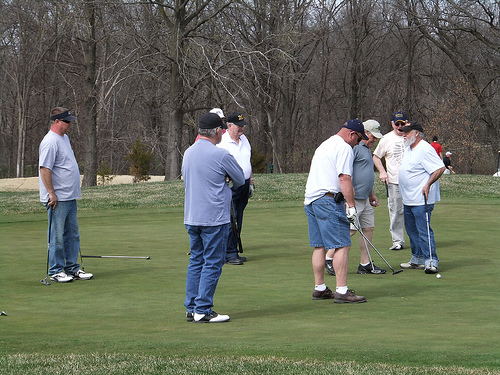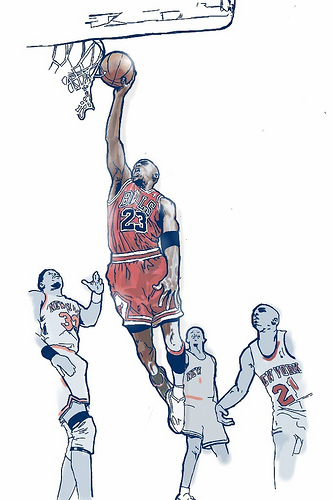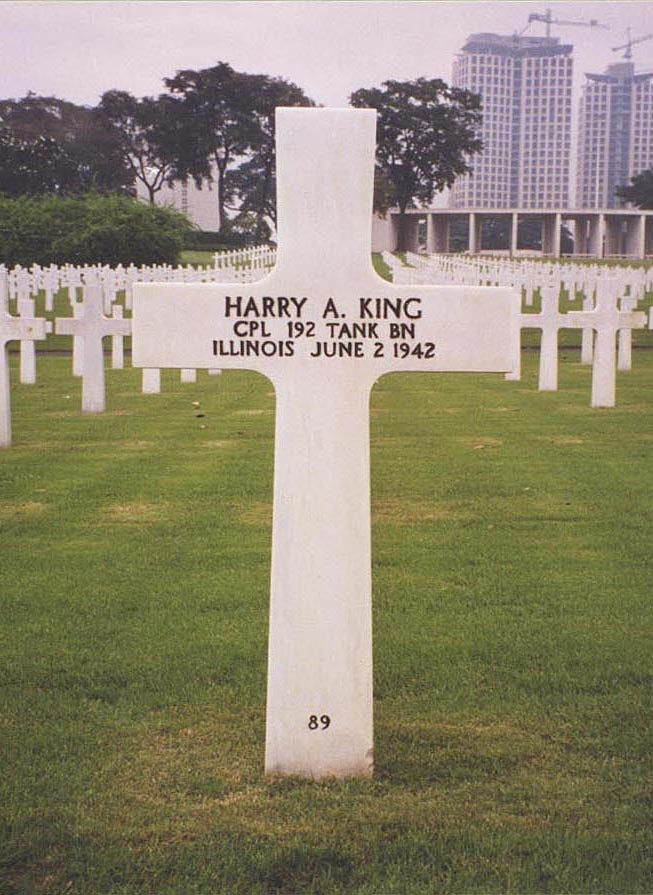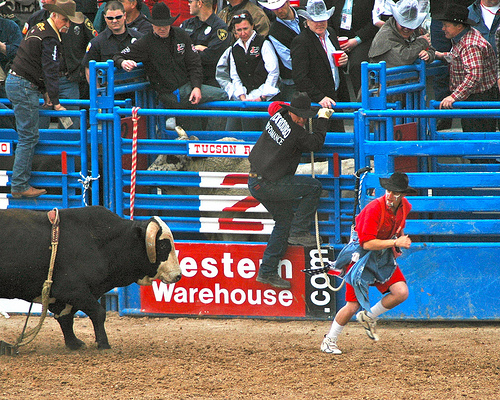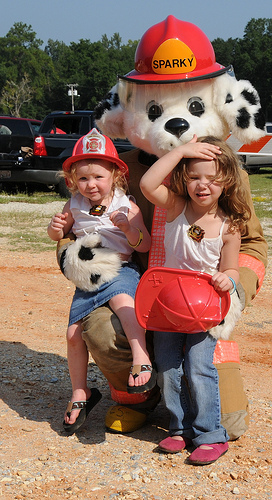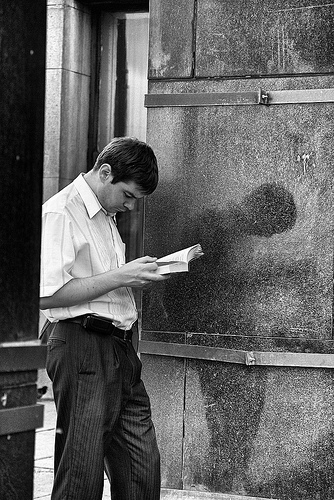I like to believe that people in the long run are going to do more to promote peace than our governments. – Dwight D. Eisenhower
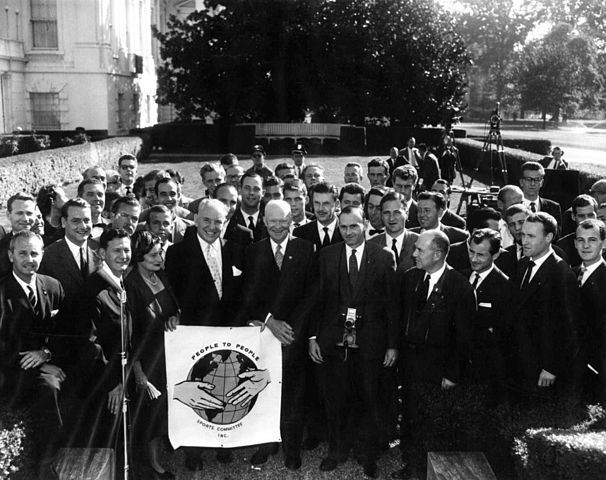
President Eisenhower in the Rose Garden with an early group of organizers of the (then) government sponsored People to People organization.
What does that mean?
To me, this is a quote only a warrior could make. It is a twitter-friendly version of a longer quote: “I like to believe that people in the long run are going to do more to promote peace than our governments. Indeed, I think that people want peace so much that one of these days governments had better get out of the way and let them have it.”
This is the quote of a warrior who has seen enough of war. His quote appears to recognize that the people of the world have power over their governments, at least in theory. In practice, it doesn’t always work out as well, as the people of Syria are presently experiencing.
His stated hope is for the people of the world to pressure their governments for peace. Since the quote, there have been several wars that have been influenced by the peace movement. Whether for good or ill is still debated. Of course, this quote is more easily realized in a democracy than in a dictatorship. There is also the issue of offensive vs defensive wars. However, both these topics are beyond the scope of this post.
Why are the people of the world important? Continue reading





